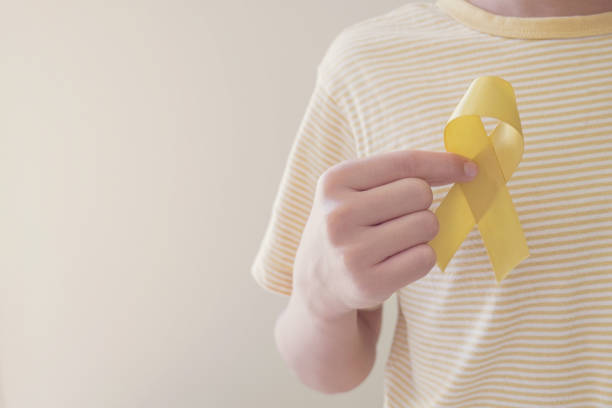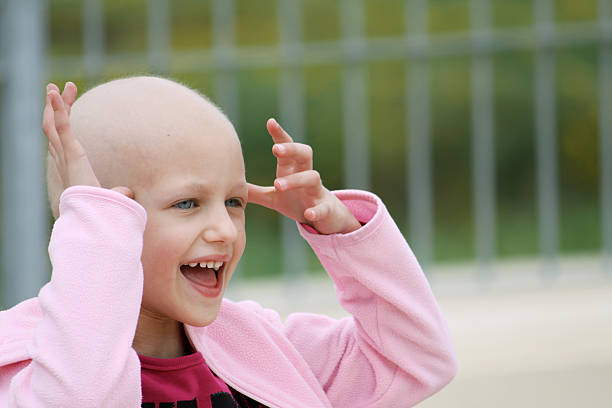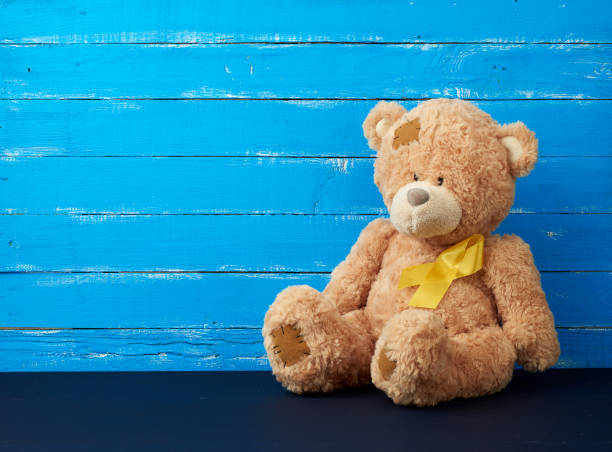When a diagnosis of childhood cancer is confirmed, it affects everyone close to the child’s environment. We could talk about parents, siblings, friends, teachers if he already goes to school, and the diagnosis himself.
Among the most frequent questions for the first circle of support are: what will I do? Why me? What did I do wrong? What treatment will you take? What will this effect be on the Infant, the process that will be followed, and the organization in the family environment to cover all the needs they will have from that moment on?
But a fundamental question arises: how will we explain it to them?
Here are some recommendations:
- Go to a psychologist to help us determine the best way to explain her diagnosis to the child.
- Always remember to be empathetic: if you are scared, they will surely be too.
- We must talk to him about what and how the treatment he is going to take will be.
- Explain all the health measures that we are all going to follow.
- Tell the child that we will have difficult days but get through together.
- Always remember to speak positively, telling him there are many cases where cancer has been defeated and that he will be one of them.
- Confidence assures them that they can always tell us if they have any questions, and we will explain what they want to know.
- Love! A hug after the talk, those words we have with them that often encourage them, should always be present; from now on, they may require double those hugs.
- Be autonomous and sociable.
Let him still decide what movie they will see, what he would like to eat, and where he wants to go; if he is already in school, he may not go to class for a while.
Please do not cut the link with his friends; let him still talk on the phone or some video calls that they dress him; let him still feel that he can continue with his life with some care but with his life. As parents or siblings, do not stray from your social circle; it is also good to talk with other people about how he feels then, perhaps about different topics that make him forget what he is going through.
There are many support groups where relatives of diagnosed infants meet, do activities, and provide them with more information. Children’s workshops with different types of therapies, one of which is laughter therapy, which plays a crucial role in them and makes them forget everything for a moment.
Science, along with medicine, is advancing rapidly. Scientists are making progress in understanding how changes in DNA can cause them to become cancer cells; advances in therapies, clinical studies, and medicament today help many.



